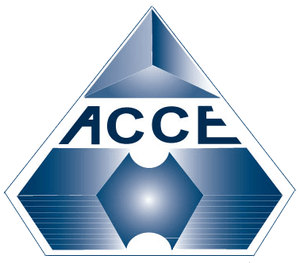STEM
STEM is a transdisciplinary approach to the curriculum that allows students and teachers access to resources from four specific disciplines - Science, Technology, Engineering and Mathematics to construct and apply modern knowledge which enables them to build, explore, create and develop strong problem-solving skills for complex systems. STEM fosters inquiry and integrates these learning areas into a cohesive learning process based on real-world problems.
What defines STEM from traditional science and mathematics education is the blended learning environment that technology and engineering provide. This piques the students' attention, interest and curiosity. As a result, it allows students to apply the scientific method and their mathematical understanding to everyday problems and situations which develops the students computational thinking skills. Additionally, it encourages students to follow and answer their own personal questions of inquiry supporting the establishment of personalised learning pathways.
Through the learning experience design (LX), teachers will utilise tools to develop the students understanding of the design thinking and systems thinking processes. The desired goal is to allow students not only to develop a solution to the wicked and complex problem but also to build empathy through understanding the user experience (UX), perspective and hidden needs. This process is iterative as students develop deeper understanding of the user, challenge and ideate assumptions and redefine the problem using brainstorming, prototyping and testing. This undertaking is scaffolded by student collaboration, considered conversation and critical thinking. What develops are creative and divergent strategies and solutions that were not initially apparent and more rigorous understanding of the systems involved.
Coding Learning to code prepares kids for the world we live in today. There are tons of jobs and occupations that use code directly, like web designers, software developers and robotics engineers, and even more where knowing how to code is a huge asset—jobs in manufacturing, nanotechnology or information sciences. |



